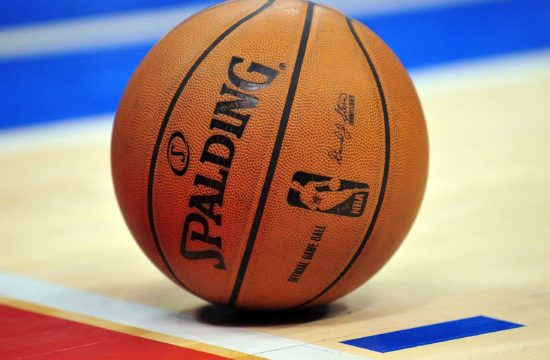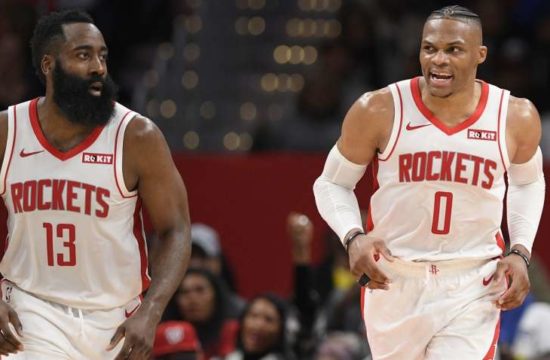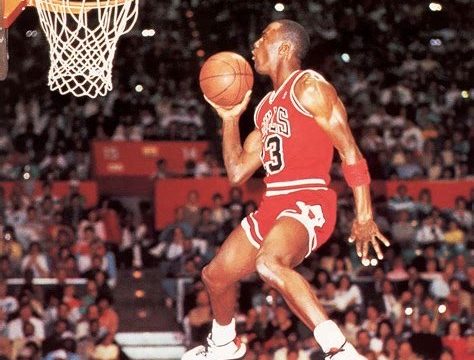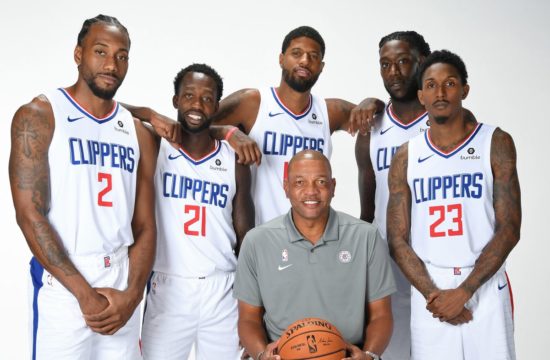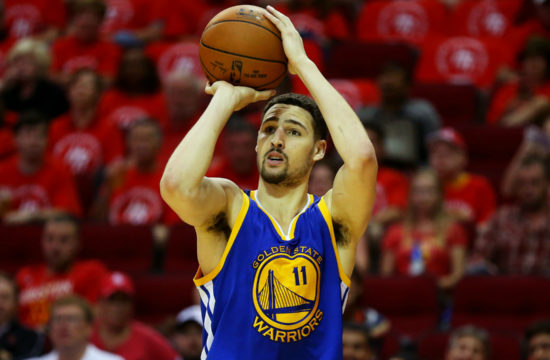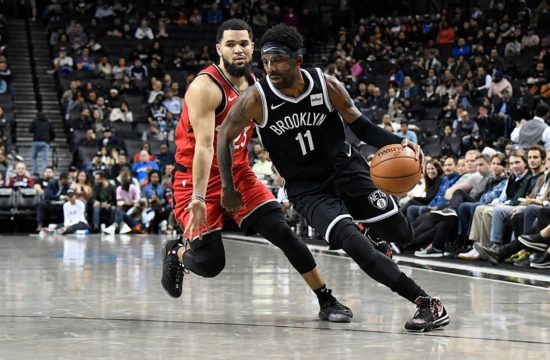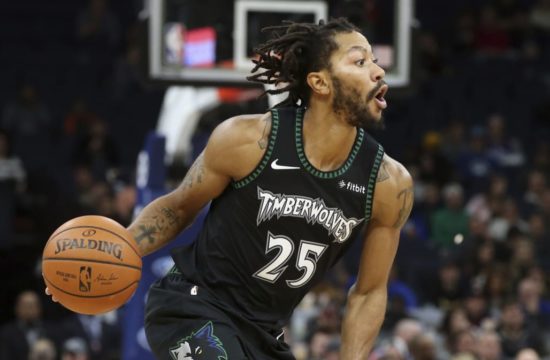The NBA has been handing out its league Most Valuable Player award since the 1955-56 season (the winner was Bob Pettit). Last year’s winner, Milwaukee’s Giannis Antetokounmpo, was well deserving of the award as is the winner each and every year.
Sometimes though, the voters somehow overlook the clear MVP. It’s happened several times and some of the biggest MVP snubs in NBA history came in the 1990s and early 2000s.
1996-97: The Mailman Delivers
During the 1995-96 season, Michael Jordan averaged 30.4 points, 6.6 rebounds, 4.3 assists, and 20.4 win shares per game. His Chicago Bulls won a then-league record 72 games. The following season his performance “dropped off” to 29.6 points, 5.9 rebounds, 4.3 assists, and 18.3 win shares per game.
While Jordan’s performance dipped, Utah’s Karl Malone saw his improve to 27.4 points, 9.9 rebounds, 4.5 assists, and 16.7 win shares per game. The Bulls, of course, would win the NBA title and MVP voters, for some reason, chose Malone – whose team lost in the NBA Finals to Jordan’s Bulls – as the league MVP. Maybe they were just tired of voting for Jordan.
2000-01: The Wrong “Answer”?
It’s almost the whole Malone-Jordan story over again. In 1999-2000, Shaquille O’Neal led the Los Angeles Lakers to the NBA title. O’Neal was the league’s leading scorer, won the Finals MVP, and was the regular season MVP as well.
In 2000-01, O’Neal’s numbers dipped slightly – 28.7 points, 12.7 rebounds, 2.8 blocks, and 14.9 win shares per game. Still, he led the Lakers to another NBA championship, won the finals MVP, but he did not win the regular season MVP.
Instead, like Jordan, O’Neal and the Lakers beat the team the league MVP – Allen Iverson – played for in the NBA Finals. Sure, Iverson led the league in scoring (31.1 ppg) and steals (2.5 spg), but his 11.8 win shares paled in comparison to O’Neal. Still, voters gave Shaq Daddy just seven first-place votes to Iverson’s 93.
2005-06: Nash Over Mamba
O’Neal was in his second year in Miami and Kobe Bryant had to put the Lakers on his back in ’05-’06. He did just that leading the league in scoring (35.4 ppg) and averaging 5.3 rebounds, 4.5 assists, and 15.3 win shares per game.
Bryant recorded not one, but two of the most prolific scoring games in NBA history. Before the holiday break, Bryant dropped 62 against Dallas … and didn’t even play in the fourth quarter. Roughly a month later, he put up a mere 81 points against Toronto.
Nash was surely deserving – he averaged 18.8 points a game and led the league in assists (10.5 apg). He also shot 44 percent from 3-point range and over 90 percent from the free throw line.
Bryant nearly carried a roster with such NBA “greats” as Chris Mihm, Smush Parker, and Kwame Brown to a first-round upset of Nash’s Phoenix Suns. Phoenix won in seven games.
Rick Bouch


